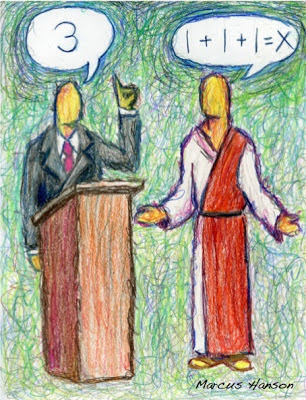Church serves as a place to explore and learn about the faith we profess; or at least curious about. This may seem to be a rather obvious fact with little to explore. However, I believe there is in reality one aspect of Christian education we should explore, yet the church hasn’t done as much as we should. That being the question of, how did Jesus teach? Religious leaders talk about Christ likeness all the time, yet seldom do I even see the concept being applied to how he taught. I think it’s about time we did.
How Jesus taught
Discipleship - The concept of discipleship is so equated with Jesus many assume that he invented the practice, but that is not the case. It was a common practice in Biblical times, even before his birth. We often throw the term around loosely, but the practice went farther than mere mentorship, as we sometimes treat it. Discipleship involved becoming as much like the one you were following as possible.
Example - Jesus didn’t just command us to do things; he told us to do as he did. To love as he loved, to obey as he obeyed, to serve as he served. (John 15:9, 14:31, 13:14-15) As St.Francis of Assisi said, “preach the gospel everywhere you go, if necessary use words.” Yet, often what we observe today is many words being uttered with very little example to back them up. Words that don’t have a good example to back them up possess very little impact.
Scripture - Jesus quoted scripture often to those who recognized its authority. There isn’t much mystery here, for even current church leaders utilize this as the church always has and should. Yet, sometimes we try to utilize this on people who do not yet recognize the Bible’s authority, to little effect. This is where good example is better suited.
Parable - One of the primary ways that Jesus taught, yet very few pastors do, is parable. However, it’s a concept I utilize in my artwork, only I use illustration rather than words to provide the narrative. I have a whole website dedicated to the idea of parable and my execution of it via art. So rather than repeat myself here I’d encourage you to visit my website. Visual Parables
 |
| Christ-UN-likeness |



